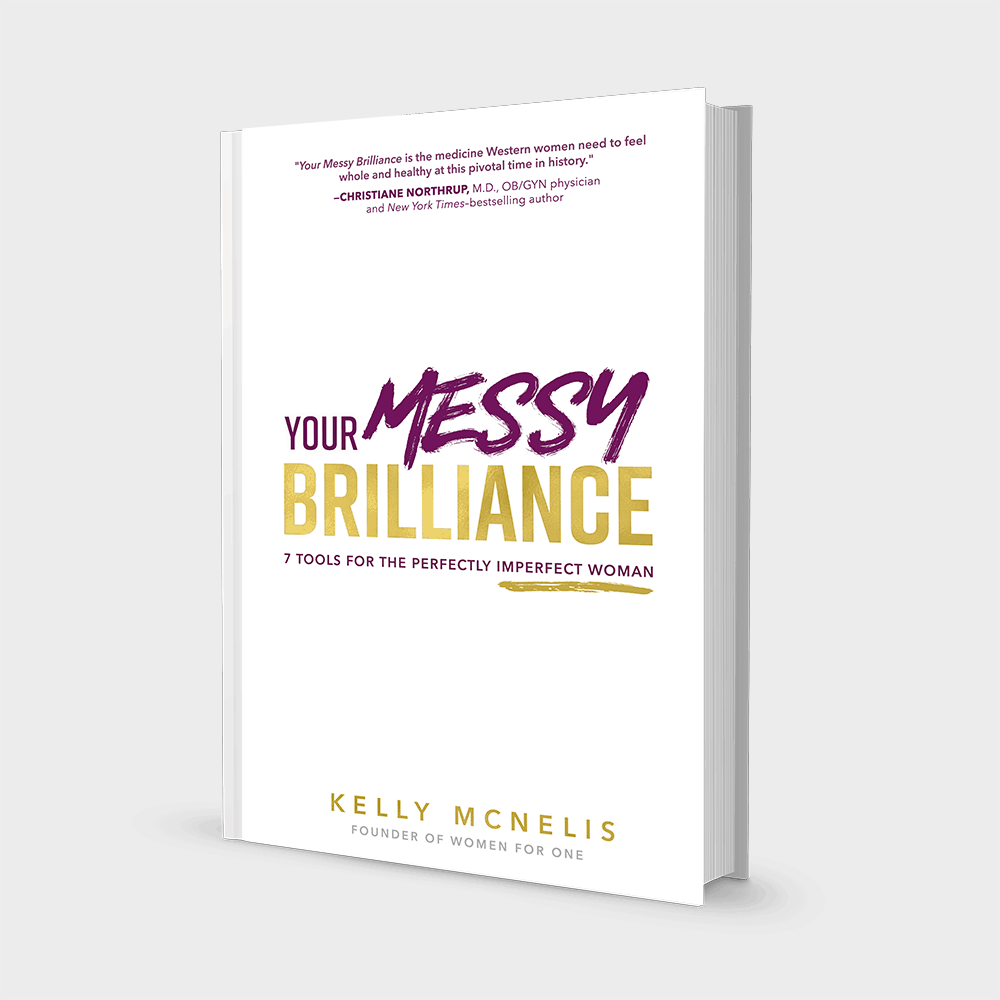
Chill Out: 5 Ways Women In The Workplace Can Avoid Vacay Stress
You’ve earned it: A few days, a week or whatever, to take a brief respite from work. Whether you manage a team in an office or work remotely on your own time for many clients, a simple vacation can reset your attitude.
But what if you experience vacation stress like millions of working women who try to cram too much into a brief window of time? What if you stress more about what you’re missing at work than investing in the present work-free zone?
Check out these 5 ways to avoid vacay stress from Truthteller Michele Weldon below:
1. Understand you need this time off work. The first step to avoiding vacay stress is to know how important de-stressing is and how it is physically beneficial to you.
“After years of being asked to ‘do more with less’ workers are overstretched, stressed out, and exhausted. The always-on, 24/7 American work culture is taking a heavy toll, leading to 429 million wasted vacation days that undermine our personal, business, and economic well-being. Simply put, taking earned time off is essential for a productive workforce, strong bonds with family and friends, and a fulfilled life,” according to a new study from Project: Time Off.
Caroline Dowd-Higgins writes in Huffington Post, “Salary.com concurs that taking time off will actually help you be more productive and healthy in life and career.” She writes that people who take time off can actually “boast a healthier physique. The University of Pittsburgh conducted a study that showed people who logged more down time from work had a lower Body Mass Index and healthier waist circumference – two key predictors of overall good health”.
Dowd-Higgins adds, “A host of studies have highlighted the potential cardiovascular-health benefits of taking a vacation, including: reducing the risk of heart disease, lower blood pressure, decreased depression, and less stress.”
2. You asked for it. Yes, we acknowledge that kicking back on a beach and treasuring time with family and close friends is a plus. And new research also shows that when seeking a job, the promise of vacation can be the tipping point for someone signing on to a new employer.
“Though Americans are notorious for skipping vacations, a new study shows an overwhelming majority of employees believe companies should offer paid time off as part of their benefits package. In fact, employees said, they’d turn down a job if paid time off weren’t offered,” writes Brendan Barbosa in Inc.
“According to a survey by TSheets, a time-tracking and scheduling software company, 88 percent of the 400 respondents surveyed said employers should offer paid time off, while 63 percent said they would decline a job offer from a company that didn’t,” Barbosa writes.
3. Know the vacay stressors and try to work through them. Still, vacation stress is real. Perhaps knowing the causes, compressed time, tight schedules, added expenses, dealing with children and family, may help you resolve the issues and work through your anxiety before you go.
Jennifer Brown writes in Quartz. “A poll of 1,000 UK workers conducted by Britain’s Institute of Leadership and Management noted that just the prospect of an upcoming vacation made 73 percent of respondents anxious.”
Brown adds, “One 2015 survey from Healthline found that 62 percent of over 2,000 readers who responded had ‘very or somewhat’ elevated stress levels during holiday vacations. Finances are a major driver of vacation-related stress: CNV Vakmensen, a trade union in the Netherlands, surveyed its members in 2017, and found that being forced to take vacation at certain points of the year, such as the long summer break when children are out of school, stressed people out. Accommodation and travel options tend to be in higher demand during this time, which raises costs.”
4. Make it simple. Take a hike. So if the idea of updating your passport, booking travel abroad or finding the best places to shop, eat and explore in a new city or country make you unhinged, keep it healthy and natural. Stay home and go on a hike in a forest or other natural setting. It’s called “forest bathing,” and new research shows it can be a mood elevator.
According to Allison Aubrey at NPR, “Certified Forest Therapy guide Melanie Choukas-Bradley explained the aim of forest bathing is to slow down and become immersed in the natural environment. She helped us tune in to the smells, textures, tastes and sights of the forest. We took in our surroundings by using all our senses.”
There is science behind these claims. According to Kara Marker writing in Lab Roots,” In a 2010 Environmental Health and Preventative Medicine study, scientists conducted a series of field experiments in 24 Japanese forests. Twelve participants spent time walking, once in a city area and once in the forest. Researchers collected data before and after on several stress-related factors. They found that the walks in the forest environments lowered a series of stress-inducing factors, including cortisol (a stress hormone), pulse rate, blood pressure, sympathetic nerve activity (fight or flight) and that it enhanced parasympathetic nerve activity (rest and digest).”
Marker writes, “Other studies have suggested that tree compounds in the forest air, called phytoncides, also reduce stress hormone levels and blood pressure. Even more, phytoncides have been shown to enhance activity of immune cells called natural killer cells, which are known to fight cancer, bacteria, and viruses.”
Marker quotes Duke University physician Philip Barr, MD: “Forest bathing could be considered a form of medicine. And the benefits of nature can be accessed so simply.”
5. Being a work martyr is not a good thing. Everyone needs some time to regroup, refresh and reboot. It is not unreasonable to suggest that there be days when no one from work can email you or call on you to assist, manage or perform tasks.
According to the Project Time Off study, the Independent Mail reports, “Some of the most popular reasons why people would leave vacation days on the table include returning to a mountain of work, having no one else who can fulfill their job while they’re off and being unable to financially afford a vacation. By forfeiting vacation days, American workers gave up $66.4 billion in 2016 benefits alone, according to the study,” the Independent Mail reports.
“The study also shows about 38 percent of the roughly 7,300 workers surveyed would prefer to be seen as ‘work martyrs’ by their bosses, though statistics show “work martyrs” may not be reaping the benefits they expect.”
You want to be seen as someone who can achieve work-life balance, and who deserves the benefits of a vacation. It is also good for your organization to take a vacay.
“One study showed we do 8 percent better in our annual reviews for each additional 10 hours we take off yearly,” writes Pete Davis in New York Daily News.
“And that’s just the benefits to the vacationers themselves. Swedish researcher Terry Hartig argues that vacationing has an ‘ecological effect on population health. When we take vacation, we are more supportive to our neighbors, making everyone’s lives better.’ Hartig calls it ‘collective restoration.’”
So give yourself—and all of us—the break we need.
Previously published: https://www.taketheleadwomen.com/blog/chill-out-5-ways-women-in-workplace-can-avoid-vacay-stress/









0 comments to "Chill Out: 5 Ways Women In The Workplace Can Avoid Vacay Stress"